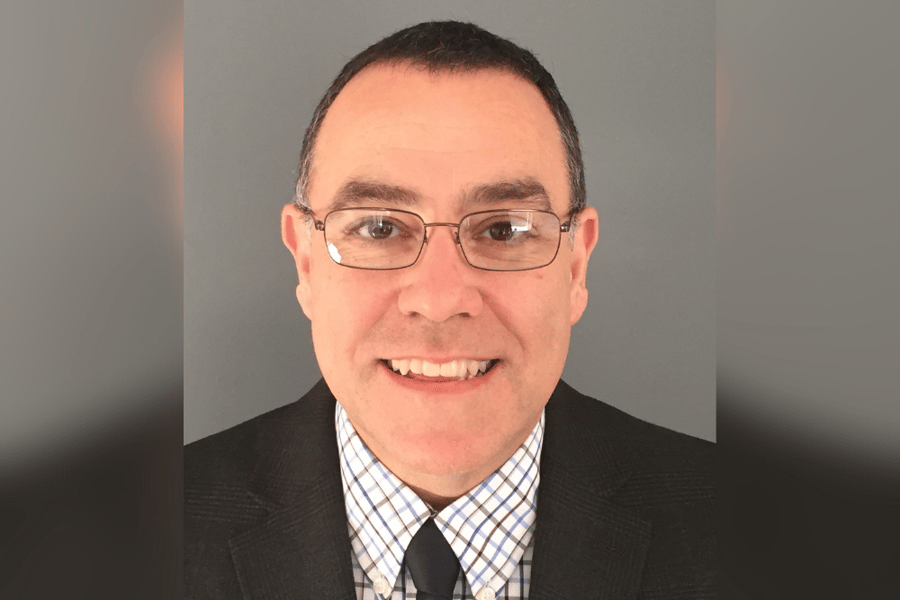Economist explains implications for housing and mortgage markets as end of forbearance looms

The MBA and Research Institute for Housing America (RIHA) last week announced the results of a study of rental and mortgage payments in March. They found that 7.7% of renters (2.56 million households) and 4.9% of homeowners (2.33 million households) missed, delayed, or made a reduced payment during the month. That number represents an improvement from the last study’s results in December of 2020.
In studying missed payments through the pandemic, the MBA and RIHA found that 23.7% of renters and 14.2% of homeowners have missed at least one housing payment since March of 2020. However, only 8.6% of renters and 6.8% of homeowners have missed more than two payments. According to one MBA economist, the overall picture of the mortgage industry is of steady improvement and growing opportunity, but not without a dose of pandemic-related risk.
“Things are improving slowly, but the effects of the pandemic persist into the first quarter of 2021,” said Eddie Seiler (pictured), AVP of housing economics at the MBA. “We have had slow improvements since the last quarter and the quarter before that. We’re on a steady path of improvement that potentially could accelerate as even more services open up.”
While Seiler sees broad strokes improvement on the horizon, he accepts that blips such as April’s disappointing jobs numbers will crop up from time to time. He shares the Federal Reserve’s outlook that with so much uncertainty out there in the economy, industries like mortgage will still have to wait and see before we can declare that they’re on solid ground again.
Seiler sees one key structural risk to a recovery which should, otherwise, begin accelerating soon: the pandemic. If vaccination uptake slows and the thresholds of herd immunity aren’t met, both in the US and globally, Seiler sees a greater risk of new variants emerging which could prove resistant to vaccines. That, however, is a structural macro risk for the whole economy. As far as the mortgage industry is concerned, liquidity remains key.
As servicers still carry mortgages with missed payments, Seiler noted that the steps taken to ensure liquidity throughout the industry will need to remain. Forbearance programs, too, will need to be extended for as long as needed so borrowers still struggling with temporary job losses aren’t forced to move. Mortgage professionals, he said, can take steps to refinance these borrowers and get them out of forbearance as easily as possible without having to sell and move out.
While the number of renters missing payments is higher, Seiler explained that the real risk is for mom-and-pop landlords who own one or two properties. While big corporate landlords might see cuts in profits or margin pressure, it’s mortgage-carrying mom and pops who might be in forbearance too and require similar solutions to their owner-occupied counterparts.
Despite these risks and uncertainties, Seiler emphasized that the overall picture of housing payments is improving. As more and more Americans get back on their feet, mortgage professionals need to take steps to help them out of forbearance and into a loan that will suit their recovery. Servicers and landlords, he explained, should take hope from these improving numbers and, even when foreclosure and eviction become easier options again, they should make sure that these actions are taken as an absolute last resort.
“At the end of the day foreclosure and eviction is very expensive for landlords and mortgage servicers,” Seiler said. “If you have to foreclose on somebody when you know they’ll likely be back at work in a few months and be able to make payments again, even catch up through modifications, I think [foreclosure] would be very short sighted. The recovery so far has been very fast relative to past recessions and I would hope that people will act with patience because, hopefully, things will work out.”



